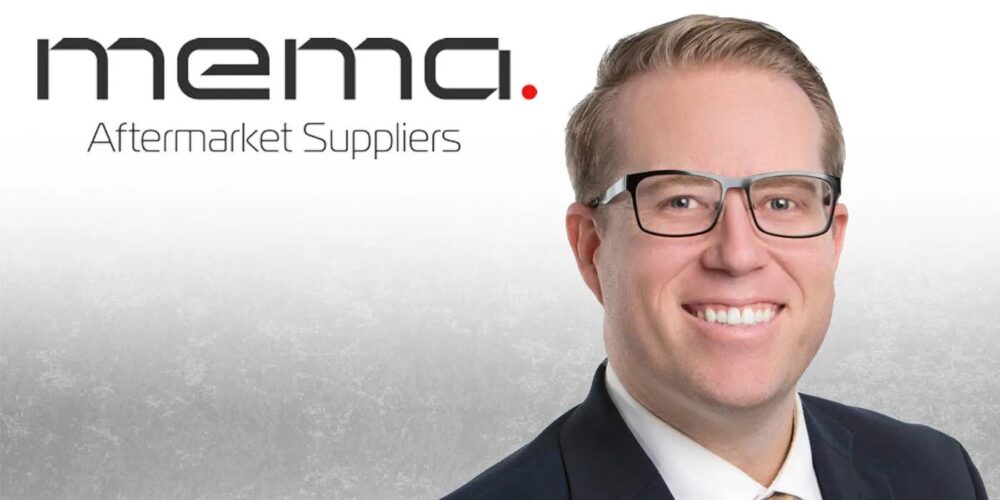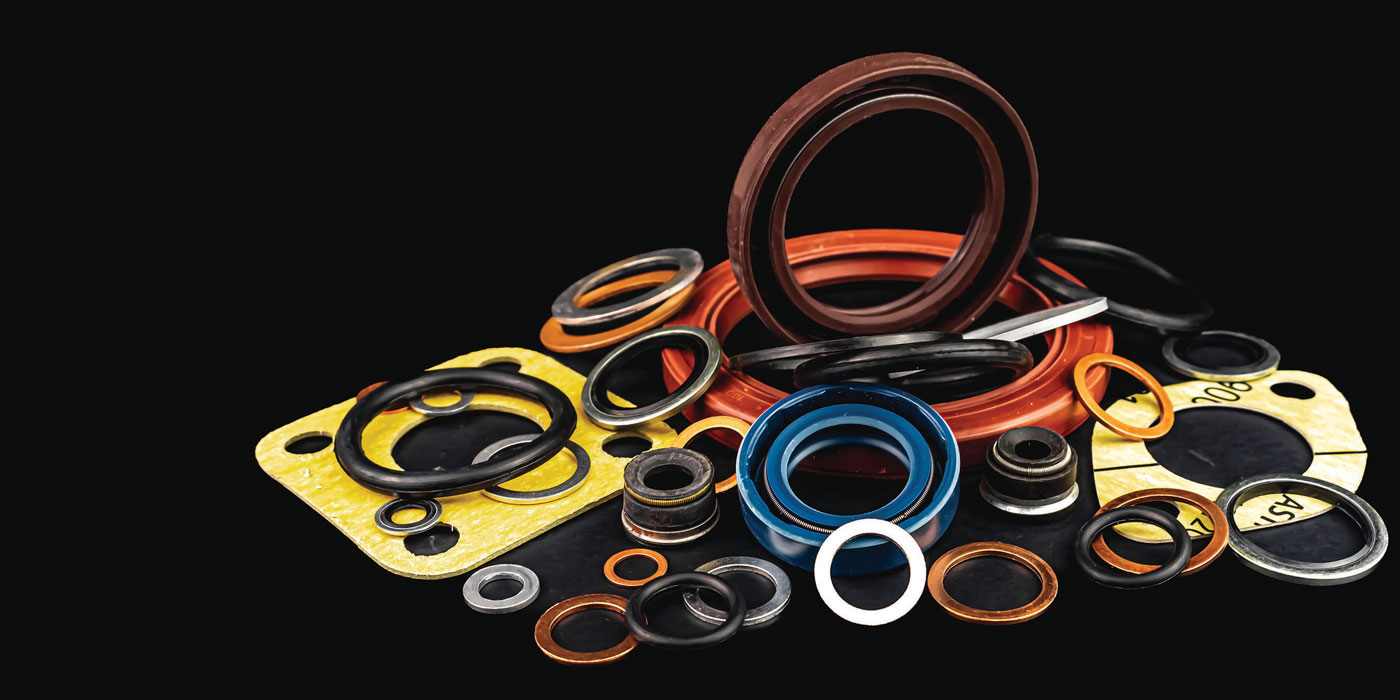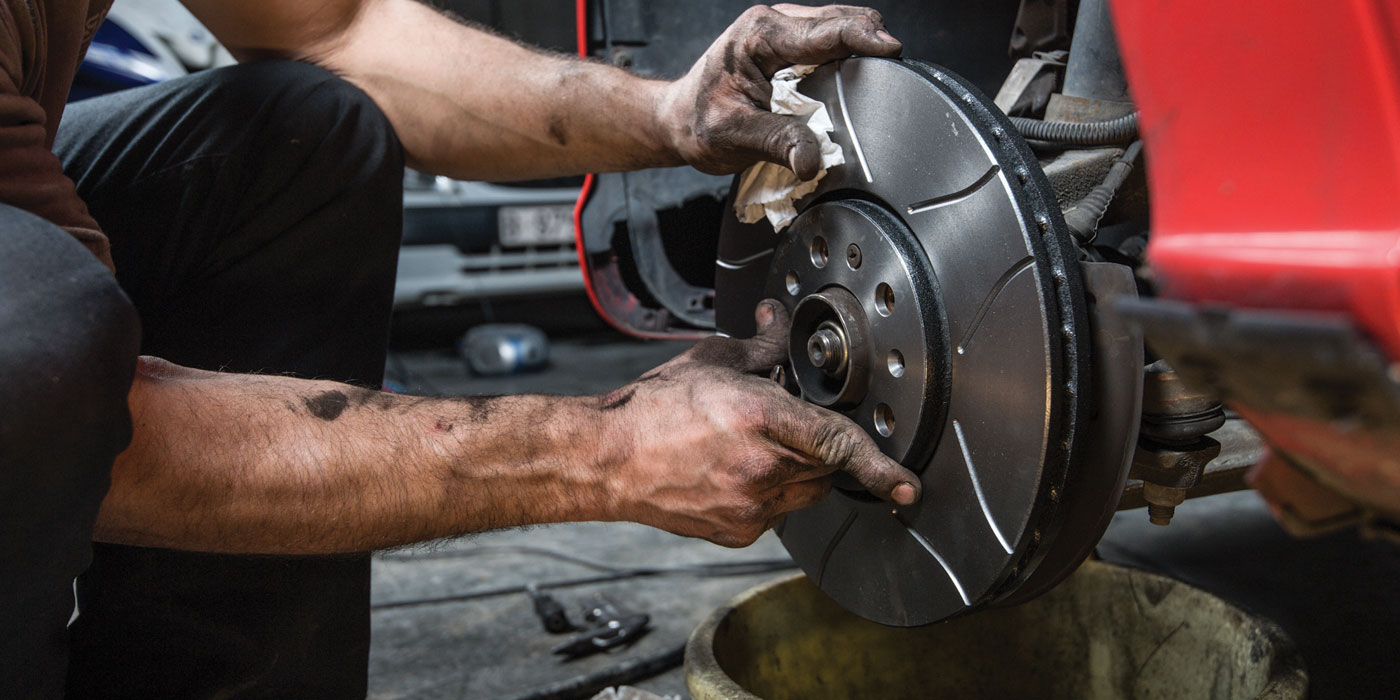Making the decision to join a marketing group service dealer program is something that many independent shops may need to consider in the immediate future. The need for outside business support isn’t new. I can recall not long ago, for example, when Mom sold candy bars and took care of the bookkeeping while Pop pumped gasoline, sold tires and repaired cars in the two-bay service station they leased from a major oil company. Mom and Pop were lucky because their oil company would supply them with affordable lines of lubricants, auto parts and tires. Along with their national advertising and credit card programs, the oil companies usually give away drinking glasses, road maps and other small gifts as seasonal promotional items.
The oil crunch of the 1970s wiped out the traditional, full-service gas stations. If Mom and Pop still had a few working years ahead of them, they found a gas station location that hadn’t yet been converted into a convenience store or they built a small repair shop on a side street or industrial park. More important, the Mom-and-Pop garage starting buying their auto parts from the local Mom-and-Pop jobber store, but without the marketing support formerly provided by their oil companies. Nevertheless, the dealer-jobber arrangement worked well until the Mom-and-Pop garages were challenged by well-financed quick-lube franchises, chain-store muffler shops, mass merchandiser auto service centers and new-car dealership express lube operations. Suddenly, the writing was on the wall: The Mom-and-Pop garages and jobber stores could join together in a cooperative marketing effort or they could go their separate ways into extinction.
THE 21ST CENTURY MARKET
Why are program groups more important now than ever before? To answer that question, let’s look at some fundamental changes taking place in the automotive service industry. First, intense international competition has driven domestic and import auto manufacturers to design vehicles that require much less maintenance and repair. In many cases, increased vehicle populations and increased annual miles driven have offset the negative effects of reduced maintenance and repair schedules for the independent shop. But, in the broader sense, many small independent repair shops are facing the full effects of market saturation in which more shops are competing for fewer customer dollars. Consequently, marketing through a nationally advertised brand name supplier is becoming a critical part of survival for the independent shop.
Second, the "generic" vehicle is becoming very much a thing of the past. Modern vehicle technology has become much more proprietary, which has created the need for vehicle-specific diagnostic equipment, information and training. The typical modern vehicle has an average of five on-board computers or modules affecting common on-board functions like anti-theft, windshield wiper and door lock operations. When an on-board computer is replaced, it must be reprogrammed with OE vehicle-specific data to make it compatible with the other computers in the vehicle’s on-board electronics system. Here again, the small shop needs more technical and parts support than ever to meet the needs of modern technology.
Last, due in large part to increased component reliability, many independents are now scouring auto manufacturer’s maintenance schedules and looking at add-on services such as fluid flushes and wheel services as part of the overall maintenance package they’re offering to their customers. Just one example of combining wheel services with scheduled maintenance is due to the fact that many garages are starting to once again sell tires. Of course, tires are lasting much longer, and that has forced many tire stores to become deeply involved in scheduled maintenances and light repairs. Here again, small shops need sophisticated tracking systems to track maintenance on individual customer vehicles.
SHOP MANAGEMENT
Many marketing group service dealer programs are built around good shop management programs. Obviously, shop management has progressed far beyond the Mom-and-Pop level because, to say the least, the automotive service industry has rapidly become a capital-intensive endeavor. Due to brand-specific technology, for example, most repair shops are finding themselves equipping and training closer to the dealership level. Even more important, many types of electronic test equipment will become obsolete within three to five years of purchase. The result of this technical obsolescence is that, often in the face of declining customer demands, shops must consistently develop higher revenues to remain abreast of current marketing and technical trends.
In response to the need for increased shop management skills, aftermarket suppliers have developed numerous PC-based shop management programs that allow shop owners to maintain vehicle histories, anticipate vehicle needs, track sales trends, analyze shop productivity and develop sales histories in much greater detail than ever before. In addition, PC-based programs allow small shops to develop marketing methods designed to help them compete against dealerships and chain store shops.
All in all, the aftermarket service industry is changing so rapidly that a computer is required to keep a shop owner or manager abreast of the latest developments. In response to these needs, some program groups provide electronic management systems that enable their subscribers to more profitably manage overhead and work flow.
CUSTOMER RECRUITMENT
Program groups help shop owners to address the complex issue of attracting a profitable clientele to the service desk. In this day of the fast-food, discount store mentality, traditional word-of-mouth advertising isn’t always adequate to attract the volume of customers needed to support most progressive independent repair shops. On the other hand, national advertising of a brand-name association will bring the modern customers in the door when all other methods fail.Next, many shops are discovering that they must be competitive with many mass marketers and even the local new-car dealerships for a variety of scheduled maintenance services. Minor services like oil changes usually occur at 5,000-mile intervals. Major services generally occur at 15,000-mile intervals. Since the most profit is generated at the major service intervals, shops must be able to use the minor service intervals to build, maintain and utilize customer lists to remind them via direct mail of needed major-interval services. Here again, the marketing power and managerial support available through a program group can accomplish just that.
PARTS OPERATIONS
If customer recruitment operations aren’t enough, shops are also discovering that they must be price-competitive, not only with the mass marketers, but (of all things,) with local dealerships that are also trying to cash in on the maintenance market. This level of price competitiveness is driving shop owners to become more efficient providers of services by forcing them to better manage their technical and human resources. In all cases, the power of the computer enables wise shop owners to accumulate, organize and analyze their daily revenues and repair records. This basic approach allows the shop owner to fine-tune shop operations to provide the highest levels of service and efficiency.
The power of volume buying and the rebates available through a program group obviously places the independent shop in a more competitive position regarding the packaging of parts and services. If a higher profit margin can be realized on parts sales, labor rates can be reduced to a level more competitive with mass marketers.
To compete with mass marketers, the independent shop is learning very quickly that it must live beyond its own geographic location. In other words, because we live in a highly mobile society, we should be able to warranty a failed component several thousand miles away. Before the day of program groups, a shop owner had to return the failed part for warranty credit. This meant that the customer or the shop had to pay a core charge in order to gain possession of the failed part.
Program groups have solved that problem by setting up national warranty systems that pay participating shops to replace the failed part and then grant warranty credit to the original installer.
While it’s clear that belonging to a program group may not work for specialists and niche-market independent shops, belonging to a program group will bring the added benefits of brand-name recognition, electronic management systems, electronic parts ordering, customer referral and coast-to-coast part warranties, not to mention additional help with discounts, rebates, technical training, management training and equipment acquisition. In most cases, signing up for membership in a program group is a critical first step to competing in the automotive service market of the 21st century.









